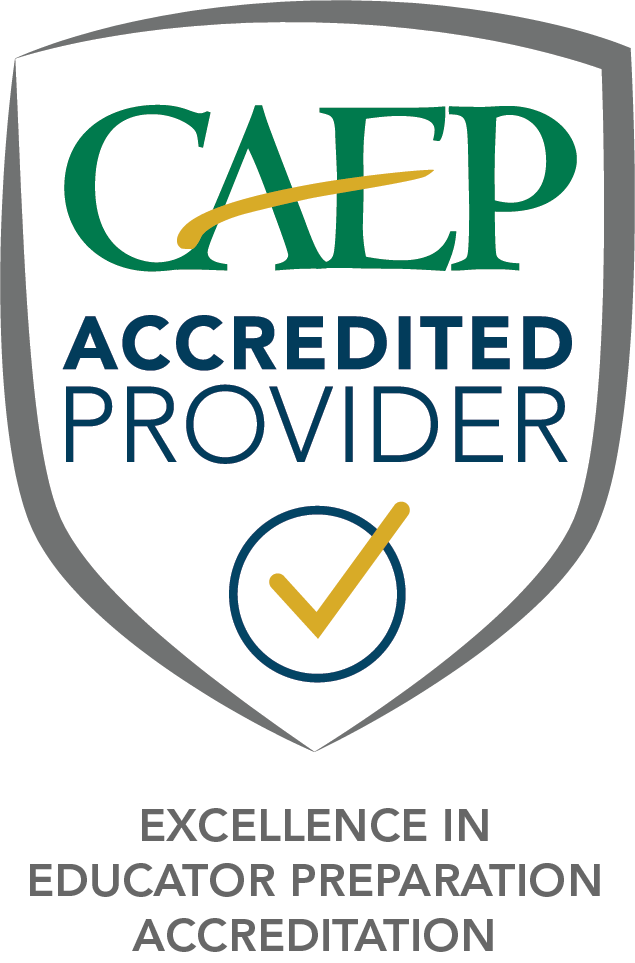Mission and Beliefs of the Teacher Education Program
The mission of the EMU Teacher Education Program is to prepare competent, caring, reflective practitioners who advocate for children and youth, develop caring learning environments, initiate and respond creatively to change, value service to others, and teach boldly in a changing world through an ethic of care and critical reflection.
The teacher education program envisions preparing informed lifelong leaders and learners who value the dignity of all persons and are ready and willing to share a pilgrimage of openness and continuous growth as they invite others to join them. These reflective educators will offer healing and hope in a diverse world.
The mission and vision are based on the following beliefs:
- We believe in the integration of Anabaptist principles within the profession of teaching emphasizing community, caring relationships, service to others, peacebuilding and conflict transformation, and stewardship of resources.
- We believe that candidates are best prepared through a rigorous liberal arts program that seeks connections across disciplines and cultures.
- We believe in a reflective teaching model that cultivates inquiry in teaching, promotes an ethic of care, and ensures learning for each learner.
- We believe in the integration of theory and critical reflective practice through purposeful and systematic experiences in university classrooms and field placements within P-12 settings.
- We believe that candidates have the power to serve as collaborative change agents with an ethical obligation to meet the needs of each learner.
- We believe that it is important for all candidates to respect and value cultural diversity, and to relate to students and communities in culturally appropriate ways.
- We believe that faculty nurture, model, and enact the qualities expected of candidates through engagement with the departmental learning community and broader professional contexts.



